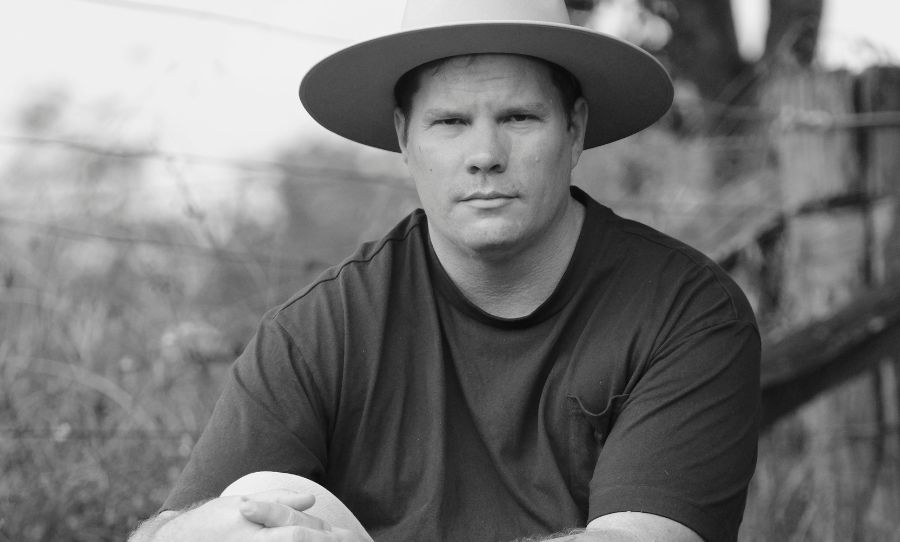Her music is influenced by Hans Zimmer’s scores and a German techno producer changed her life.
Meet Emika Elena, the fresh- faced Japanese techno producer whose sound is all about hypnotic darkness influenced by cinematic soundtracks.

Calling influence from cinematic scores and the spirit of Berlin, Emika Elena is carving her own path amongst the Japanese techno scene.
Elena recalled being passionate about making music from the young age of four, when she started playing the piano. A couple of years later, she discovered her interest in electronic music and started DJing.
“I still don’t know who the piano belonged to, but it was at my house. Music was always a part of my life because of that piano.”
Her life then drastically changed when she visited the techno capital, Berlin, six years ago and met a techno producer. As she recalled, he was the reason she decided to pursue a career as a producer.
“He told me to make music and take it serious. I wanted to be like him so I practised making music when I went back to Tokyo. I wouldn’t be myself right now if I hadn’t met him.”
Calling cinematic scores one of the main inspirations for her dark and hypnotic sound, Elena also draws inspiration from reading books, going to museums and listening to a ton of different music.
In 2016, she launched her own record label Human Lessons, where she has since released her solo EP Delicate Details. A year later, she released a limited edition vinyl collaboration with Ryogo Yamamori called Confusion, which has gained international success.
That, however, also raised the question how big the electronic music scene in Tokyo is. Japan has had its ups and downs with dance music, only having lifted the ‘anti-dancing’ law four years ago. Emika said EDM is still very popular though, especially for the new generation. However, she criticised the amount clubs charge, as many younger people can’t afford it.
“The people who make up the Japanese techno scene are getting older and older, which then also makes the crowd older. There’s hardly any young people at techno parties and as a result, the Japanese techno scene is getting smaller.”
With big names such as Peggy Gou and Amelie Lens playing the main rooms and headlining festivals, Emika said the industry is finally progressing and becoming more equal for female DJs.
“It’s not as hard as it used to be and the system is finally changing. I used to always play on the second floor because of being a woman and there were only a few promoters who refused to book female DJs because they didn’t admit us as DJs.”
“The ratio in the labels is still unbalanced but the border between male and female DJs is starting to break.”



